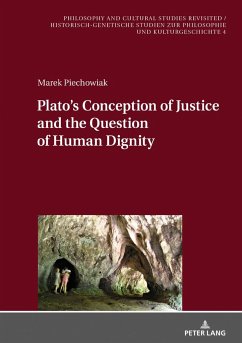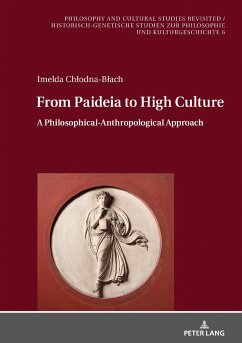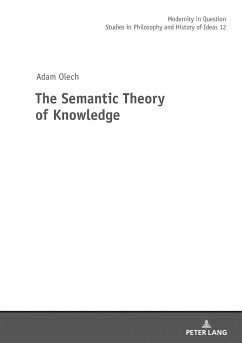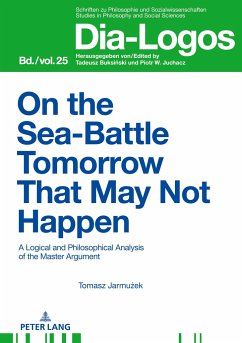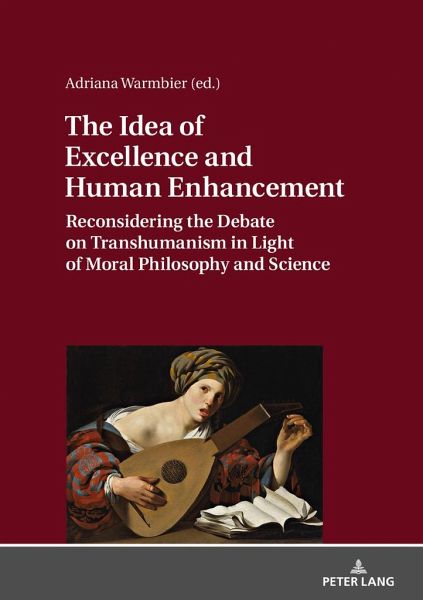
The Idea of Excellence and Human Enhancement
Reconsidering the Debate on Transhumanism in Light of Moral Philosophy and Science
Herausgegeben: Warmbier, Adriana
Versandkostenfrei!
Versandfertig in 6-10 Tagen
76,30 €
inkl. MwSt.

PAYBACK Punkte
0 °P sammeln!
This book analyses recent moves in the debate over human enhancement from two different perspectives: moral philosophy and science. It contains not only the thorough consideration on the promise, limitations, and perils of biotechnological improvement, but also offers a lucid account of a systematic evolution of the idea of excellence from antiquity to the present-day project of the post-human condition. The book examines various approaches to the key anthropological concepts such as agency, autonomy, practical rationality, and normativity pointing out their relevance to the philosophical and ...
This book analyses recent moves in the debate over human enhancement from two different perspectives: moral philosophy and science. It contains not only the thorough consideration on the promise, limitations, and perils of biotechnological improvement, but also offers a lucid account of a systematic evolution of the idea of excellence from antiquity to the present-day project of the post-human condition. The book examines various approaches to the key anthropological concepts such as agency, autonomy, practical rationality, and normativity pointing out their relevance to the philosophical and biomedical research. All these issues are addressed by scholars representing different fields of study including philosophy, law, biophysics, and cognitive science. They attempt to answer the question of whether biotechnological interventions may result in bringing about a better person.
«The collection of articles is unified by the main idea - human enhancement, the challenge that has been brought about by recent developments in neuroscience, genetics, and biotechnology and that is reflected upon by the authors from different angles of perception and argumentation stemming from different philosophical views. The book is of great educational value as it can be used by students of philosophy, medicine, law, education and all those interested in the field, as the basis for well-grounded arguments and discussions, as well as raising their awareness.»
Prof. Roma Kriauciunien , Vilnius University
«The collection of articles is unified by the main idea - human enhancement, the challenge that has been brought about by recent developments in neuroscience, genetics, and biotechnology and that is reflected upon by the authors from different angles of perception and argumentation stemming from different philosophical views. The book is of great educational value as it can be used by students of philosophy, medicine, law, education and all those interested in the field, as the basis for well-grounded arguments and discussions, as well as raising their awareness.»
Prof. Roma Kriauciunien , Vilnius University







